Kishore Chandra Deo, born in 1947 to a royal family in Andhra Pradesh's tribal community, has been active in political and social life for the past fifty years. He has been elected five times to the Lok Sabha and once to the Rajya Sabha. He is known as a loyal, balanced and studious leader of the Congress party. He was the Minister of State for Steel, Coal and Mines in the Janata Party government in 1979-80.
In the period 2011 to 2014, He was the Cabinet Minister for Tribal Development and Panchayat Raj. In 2019, he left the Congress party and joined the Telugu Desam Party.
He is known as a leader who has a correct and positive stance on tribal issues. His scholarly and prudent approach has been proved while working on various types of parliamentary committees. Hence, he is interviewed for this issue of Sadhana Weekly published on 15 Aug 2022. A Marathi translation of this interview has been published in that issue. This interview gives an epitome of what wisdom is all about.
As you talked about the responsibility of the educational institutions. How do you look at the development of the tribal community in the scenario of education and employment?
- In the case of education there has been some improvement there is no doubt about it except in very remote areas. The answer to your question might vary from state to state. Because it depends on how each state has handled and dealt with this problem. But up to school level education that is 10th and 12th to a large extent at least in my state of Andhra Pradesh we have achieved it. Unfortunately, in Orissa, my neighbouring state just across the border I can't say the same is achieved. So, it's mixed work but I think apart from education up to school level further education should also be given. What I had done in our time is that we used to give vocational training to the students after 12th and started a student’s training centre in Andhra Pradesh. After that, we used to call various government agencies and private companies to give the student's campus recruitment for jobs. That was quite successful. The process will take time but one has to dedicate themselves to that cause and pursue it.
What is the willingness of the tribal people living in remote areas about coming into the mainstream of society?
- These are the areas so remote that they are not accessible to anybody today. First of all, let these people come out and see what this world is all about and then let them decide for themselves. Certainly, they would want to improve their way of living, the quality of food, and their living & shelters. So, it should be our endeavour to show them different ways to come out. I am not saying that they should give up their rights over their land. This is where the government should provide them with communication facilities and other facilities like electricity, water, and schooling.
If you look back, how impactful were policies for the development of tribal communities framed by the then government? Does the current BJP government bring any new policies making different efforts for the development of the tribal community?
- When earlier some policies were made for the tribals for which we should give the credit to the founding fathers of our Constitution. That's why Schedule V and VI are also there in the Constitution as we have many mainlands’ tribal areas which are scheduled areas. Herein schedule V is more special as far as the protection of the land is concerned. So, the problems of the tribals were seen by the founding fathers of the constitution even 75 years ago. But in many cases, it continues to be a problem. After that many subsidiaries, and acts have been brought, and several powers given by the Constitution to the governor were not used.
Then The Provisions of the Panchayats (Extension to Scheduled Areas) Act, 1996 or PESA was brought in.
Again, there was no tribal affairs ministry very late. All the social affairs and tribal affairs were part of the home ministry. Then firstly, social affairs were removed from home ministry but tribal affairs were still part of that. Then it was during the late Atal Bihari Vajpayee's time he made a separate tribal affairs ministry in 1999 so it is just 20 years old. Hence certain aspects, powers and rights should have devolved upon the tribal affairs ministry after it was formed which has not been done till today. I will give you an example, the Environment and forest ministry was started by Late Rajiv Gandhi at the time. Gujarat was the first ministry of States for the environment and forest. Now the environment and forest also include the tribals living in those forests. But the power to give clearances like mining and other activities in the forest areas is with the ministry of environment and forest and not with the ministry of tribal affairs.
The thing is, the Environment and Forest Ministry will look from their perspective but what do they know about PESA, schedule V and its rules? Once the tribal affairs ministry was formed somebody from this ministry like Secretary or joint secretary level personnel should have been there in the Forest Advisory Ministry. When I was Minister, I wrote to the Minister of state Jayantu Nataraj, and then I wrote to Jayram Ramesh but they just ignored it and didn't even acknowledge my queries. Where I had said that the Forest advisory committee which concerns the tribals, when it comes to giving clearances for mining activities, for the acquisitions, somebody from the tribal affairs ministry should be there. But till today I don't think that has changed.
This shows the lack of empathy of the ruling party who was in power towards the misery of our rights to our people. It is a sad thing.
You have also written a book called 'Changing India’s Political Mould- A fair franchise and a federal framework' How do you see federalism in the context of tribal communities when it comes to the state- centre cooperatively working for them?
- Our Constitution is supposed to be a federal constitution but we are popularly called the 'quasi-federal' Constitution. But over the years we have become a quasi-unitary setup. Because the powers are waving heavily in favour of the ruling party. We will come to the tribal issue later. Forget about tribals, even the states today are helpless without any help from the centre and they find it very difficult to function under a hostile central government. Both the state government and central government are elected by the same people, the same country. But today many of the government departments like the enforcement department, revenue intelligence, and investigation agencies are used by the ruling party only to harass state governments. There are a lot of draconian laws like PMLA (Prevention of Money Laundering Act, 2002). There are other laws brought by the British and they have been there since the colonial era all they have diluted the federal aspect even in general terms. Now as far as tribals are concerned we have two boxes to tick one is the central government indirectly and the second is the state government directly.
As you mentioned about federalism and the PMLA Act. Lately, the honourable Supreme Court has upheld the validity of the PMLA Amendment Act 2019. How do you look at it?
- I think courts are also overstepping their limits and upholding such a draconian law. I see it as a very regressive measure. This takes me back to N N Vohra's report on the criminalisation of politics in 1993 where he said that this entire process sort of devalued our system and the judiciary is also not being spared.
Mr P A Sangama the former speaker of the Lok Sabha, about 10 years ago took a strong stand that a person from a tribal community shall become a President of India. He also had given the names of 6 suitable candidates from tribal communities. Your name was also mentioned in those 6 people. Have you ever had any discussion with Mr P A Sangama on this topic?
- See, P A Sangama and myself both of us came to the parliament together. He was a good friend of mine; he is no more. He wanted to become the President himself. He said no tribal has become a President. Why should I not find someone but others should also agree? But I don't know whether he had given my name to it. We did not have any serious discussions and they were very superficial.
Lately, Droupadi Murmu became the 15th President of India and it seems that the dream of the late Mr P A Sangama has seen the light of the day. What development will it bring into the life of the tribal community as Droupadi Murmu is the first ever person from the tribal community to hold the President's office? What are your expectations from our new President?
- See, The Post of the President and Governor are very honourable posts. Sangama's dream has come true and I am glad about it. l wish he should have been here to see this. But his dream has come true only to the extent that a tribal has become a President but what is the role a President can play? But my point is will this be of any help to not just hundreds or thousands but lakhs of our tribals who still don't have required freedom, who still don't have access to their pre-existing rights as far as land is concerned? When many are living in sub-economic standard conditions in their respective areas. So, until their freedom from wants, exploitation, suppression, and oppression have been achieved such dreams will remain unfulfilled. And after all a President has the right to advise according to the constitution. The President or governor are bound by the decision of the cabinet. So, I wish she will be able to convey this to whichever government is there to do something for the tribals and we can only hope for the best.
Adding to our previous discussion, what is the status of the electorate rights of the tribal communities?
- Many of the tribal areas which are not being surveyed or where census is not taken don't have any such right in those areas. But where they have the rights, they are the same as anybody else. When this Aadhar Card work started during our UPA government, in a meeting when we discussed this, I raised questions that How will you make it reach our tribal areas living in remote areas where there are no signals and no proper telephone network. So, all this high-tech business is good but what about our tribal population? That problem is still there.
Coming to the concluding point, as I earlier mentioned today is the International Day of World’s Indigenous People and the theme of this year is 'the role of indigenous women in the presentation and transmission of the traditional knowledge' So this context what is the situation of tribal women today with special reference to health, health facilities and education.
- As far as women are concerned in most of the tribal communities including ours, they hold a much more respectable position than the women in our advanced communities living in urban cities. They are given a lot of respect. They are responsible for keeping up with their tradition, culture which has been inherited from 100 years ago. It is the tribal women who show more interest in the fact that their children should go to school.
As far as health is concerned, wherever they are conscious and wherever it is imparted or available, women are not far behind anybody else in having such resources or taking benefit of it. I will give you one example of when this covid outburst came into my area which is amid different tribals and even the remote areas where they have got roads under different schemes. What was always going on in my mind was what would happen if such infection enters into such areas. And what will happen to my people? You will be surprised that in the tribal areas the covid cases were almost 5% less than those in urban areas. So, anybody who came from outside they were quarantined in huts or cottages. These tribes would put thorns, and some bamboo to prevent motorcycles or vehicles from entering. So due to this, the casualties were very less, at least in my tribal areas. So that's how they were very conscious of health. They will go to the primary health centre and get themselves tested. So, to that extent consciousness and awareness have come but availability should be there at all times. Because the problem is many doctors don't want to go into these areas and those who are posted immediately want a transfer. Sometimes when some doctors are committed to their work for example, we had a couple of husband and wife who were doing excellent services in one of these primary health centres, the local MLA's and some people wanted both of them to be out. So, as I was a minister then and it was my area, I took the stand that these people will not go anywhere.
These are the practical problems they have to face there.
So, adding to the discussion on the health-related topic, what is the infrastructural status on the part of the government like schools, houses, and dispensaries?
- See, dispensaries are there but in many of them the number of doctors who should be there, is not enough. In Andhra, we have these services that are 108 and 104 which are very effective and reach even remote areas to get people. So, some infrastructure is there than none but I would say that it is not enough, we need to do more. I think some special incentive should be given to those doctors or surgeons who work there. Some kind of compulsory service should be there.
- Kishore Chandra Deo
Interviewer : Adv. Prachi Patil
ppprachipatil19@gmail.com
ही मुलाखत मराठीत वाचा : आदिवासींचं शोषण थांबवण्यासाठी राजकीय इच्छाशक्ती आणि संवेदनशीलता गरजेची
Tags: Jal Jangal Jamin Kishor Chandra Deo Interview Adiwasi Draupadi Murmu Load More Tags

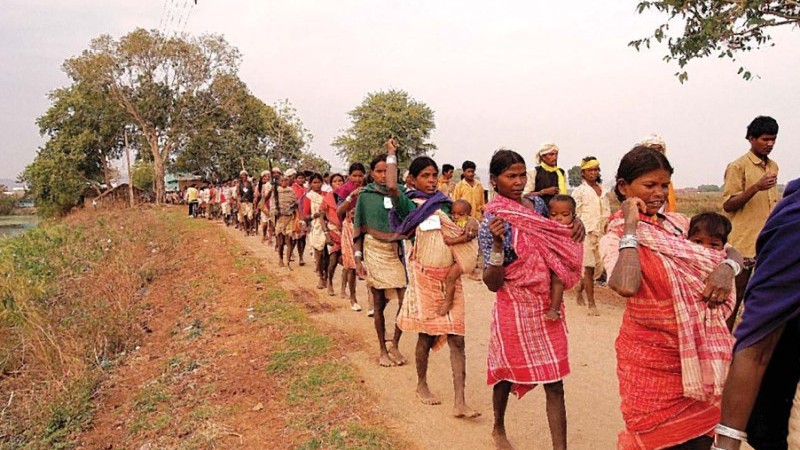

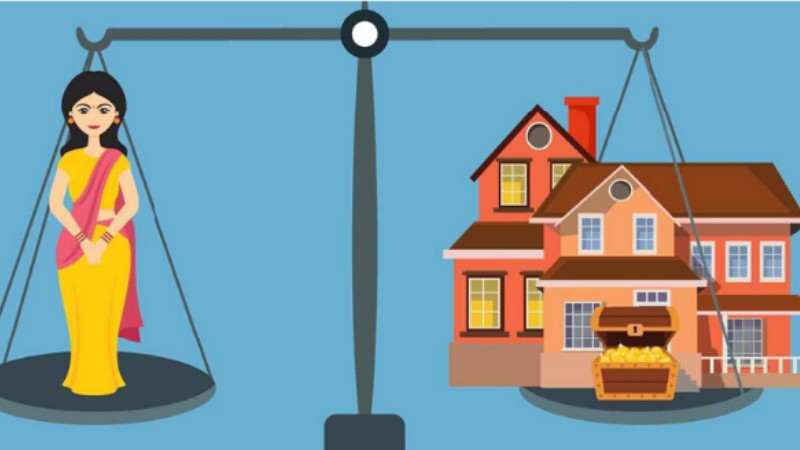
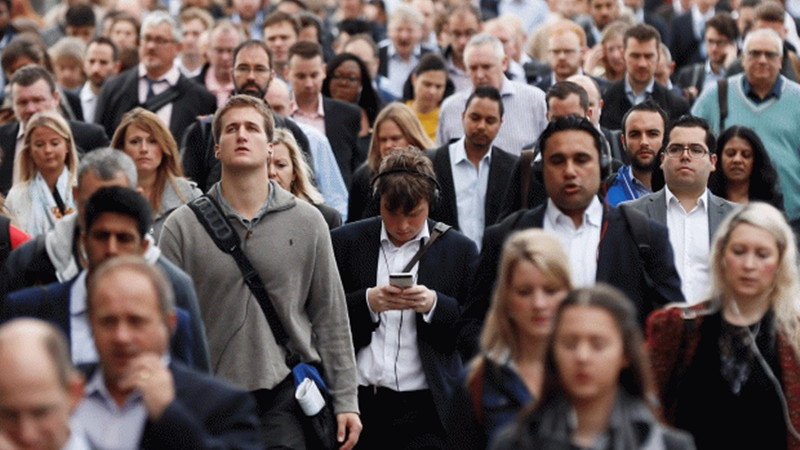
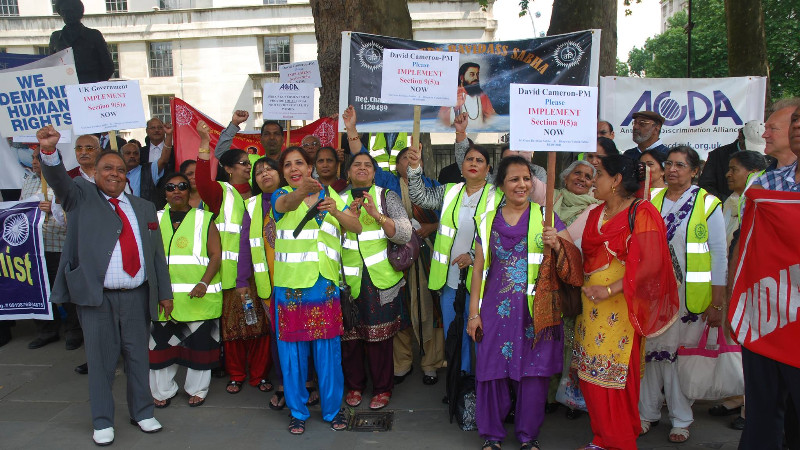
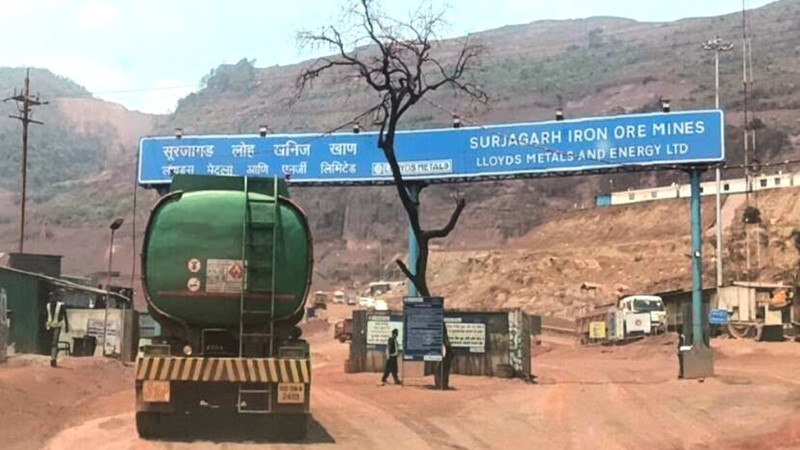
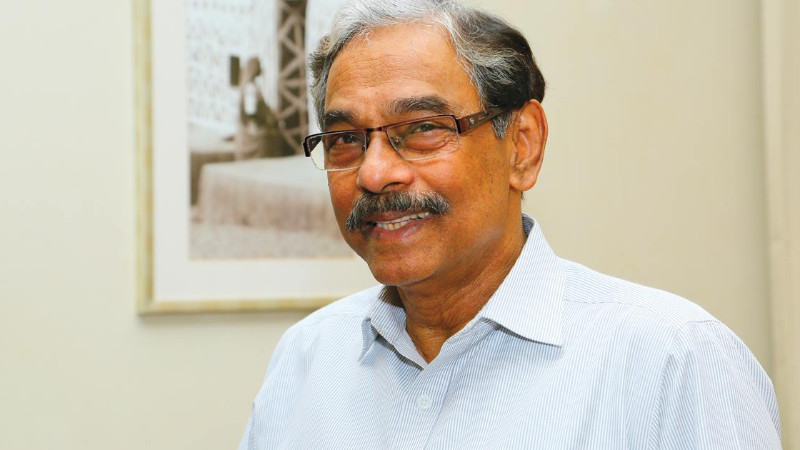
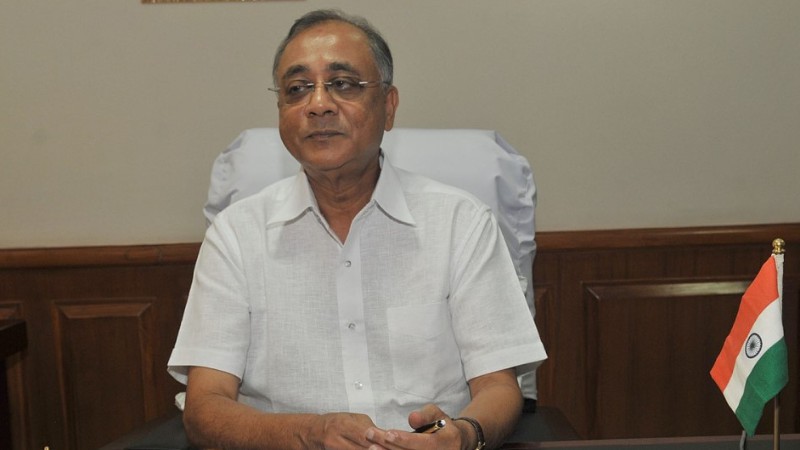

























Add Comment